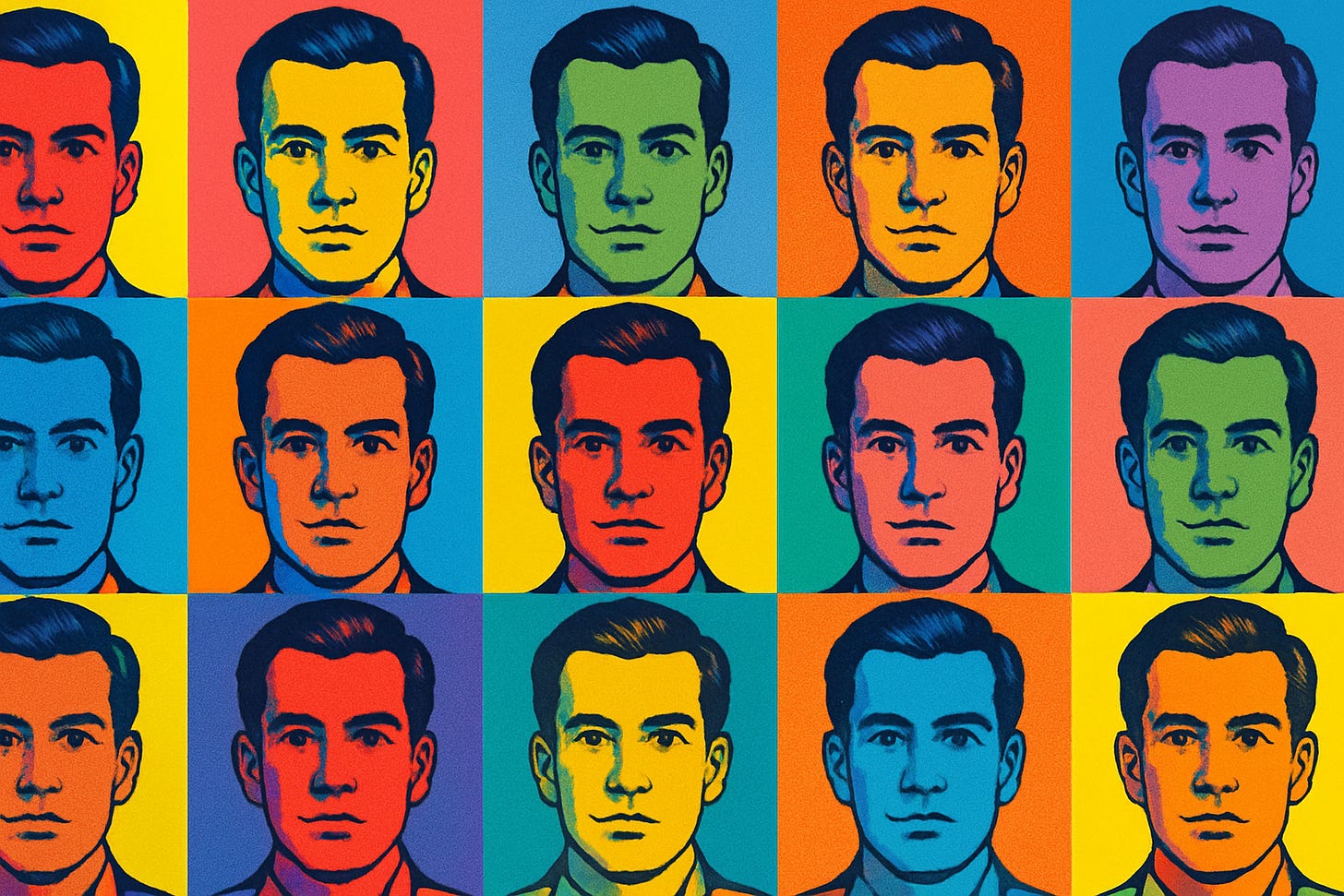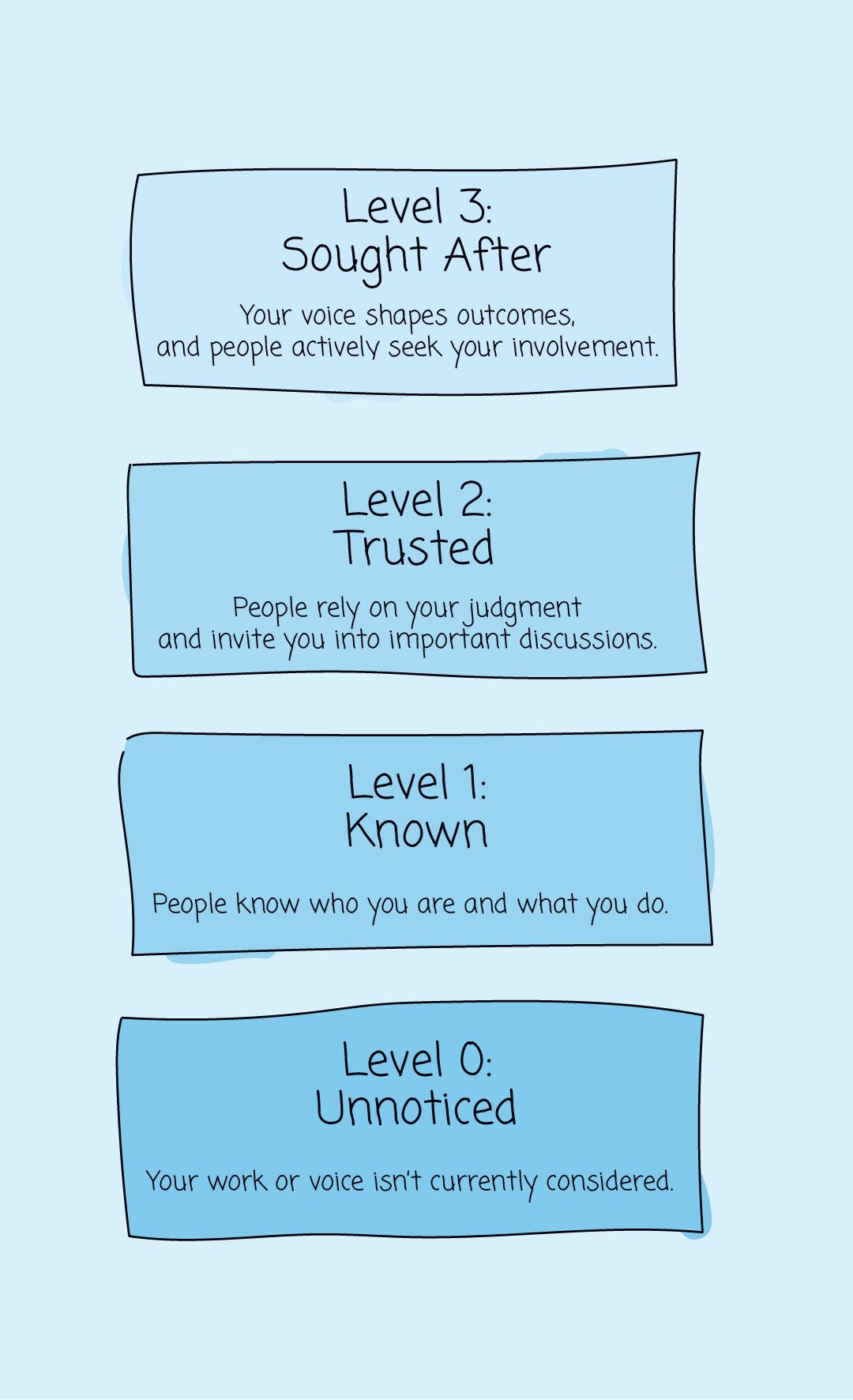How to Be Relevant as Work Changes
Thoughts on the World's Most Important Capability
“How do I stay relevant?”
I’ve been asked this question many times by mid-career professionals and leaders that I mentor. These people are often concerned about how rapidly work is evolving and worry that work is going to leave them behind.
But recently I was speaking at a middle school about the future of work, and a thirteen year-old (I’ll call her Grace) asked a different, deeper, and much more concerning question.
“Am I ever going to be relevant?”
The question stopped me in my tracks, because it gets at a fear I’m hearing more and more from young people. Will “relevance” really be possible in the future, and if not, what should we do about that?
I’ll get to my answer to both these questions about relevance towards the end of this article, but first let’s take a look at why relevance is so important to everybody in the workforce today, and what’s going to happen to it.
What is Relevance?
When I work with individuals and teams on relevance, I don’t use a dictionary definition. Instead I use a diagram that shows levels of relevance.
All kinds of factors can influence what level of relevance you have at any one time, and relevance has multiple dimensions (I work with leaders on five - social, professional, ideational, cultural, economic). But perhaps the most important takeaway from this diagram is that, unfortunately, while you can influence where you are, you don’t get to decide where you are.
In other words you don’t get to be highly relevant simply by wanting to be.
Some people immediately assume that relevance measures things like how many followers people have on social media. But that is just one metric, and in fact some individuals with a strong online presence are not actually that relevant. Relevance is instead a social value indicator - do others perceive value from your contribution in the workplace, in your network, or in society at large.
How Important is Relevance?
In the past, relevance was directly determined by social status, and there was very little people could do to change it. The son of a Baronet had relevance, the daughter of a milliner did not. With huge talent and a thirst for self-education it was possible to punch above your weight (think William Shakespeare or Jane Austen) but for the vast majority, relevance was fixed, and largely low.
But as technology, the workplace, and society have evolved, relevance has become perhaps the single most important social indicator for success in work and life.
If you are looking for a job, relevance is the thing that gets you hired, versus lost in the crowd.
If you are an employee, relevance can be the difference between being the first person let go and the person that headhunters are chasing after.
If you are a content creator, it can be the difference between someone who posts into a void, and someone who wins Pulitzer prizes.
And if you are just making your way through life, relevance can be the difference between loneliness and being the person invited to every party.
This boils down to something pretty fundamental. Relevance is important to make a living, and it’s also directly connected to mental health. This is because both social connectivity, and making a difference in the world are both strongly associated with improved psychological outcomes.
What Changes Relevance?
When it comes to relevance, there are three things to be very aware of, which directly affect how it changes.
Relevance is always granted, never self-declared
When the world changes, so does relevance
Relevance is subject to how you “fit” the moment
Let’s look at how this plays out, using one of the most culturally relevant icons of the last fifty years.
Madonna was hugely relevant for over a decade from the mid 1980s. The press covered her every move, and as the world shifted, she seemed to be able to adapt seamlessly, always remaining a culturally important figure.
Madonna is still around today, and she is still releasing critically appreciated music. This means she still has professional relevance, and that relevance is enhanced by a new generation of artists who cite her as a major influence. But her cultural relevance has almost completely wained, aside from occasional cruel ageist remarks online about her appearance. She is no longer granted relevance in the way that she was, and this has little, if anything, to do with what she records in a studio. She just no longer fits what society deems a pop star to be.
This exact same pattern applies in our every day lives. Too young, and others may discount or overlook your perspective. Too old, and your views may be seen as outdated or out of touch, regardless of what you are actually saying.
Similar patterns apply to race and gender.
What Will Happen to Relevance at Work?
Over time, employers will likely need fewer people overall, but will need those they keep to be highly relevant. This is one of the reasons why we are seeing a reduction in early in career roles right now. Young professionals are seen as being less relevant to the challenges that employers are facing today.
If you are an individual who wants to stay in work, the importance is only going to increase. As AI and robotics get more dominant, the first people to be let go will be the invisible ones. Being reliable and quiet will no longer be enough, because so are the machines.
And the further up the relevance ladder you are, the more indispensable you will be. Not in your own mind, but in the minds of others. And after all, it is others - bosses, customers, followers, who are ultimately responsible for your success. You may feel they cannot do without you, but for that to be true, others have to agree.
Now let’s get to those big questions:
How Do I Stay Relevant?
As I mentioned, this is one of the most common questions I get from mid-career professionals and leaders. When I’m asked it, I look to point out that the question itself is flawed.
Because relevance changes as work and society change, the goal isn’t to stay relevant. It’s to become relevant in the future. In other words you need to replace your existing relevance with future relevance.
And while aging can be a challenge when it comes to certain forms of relevance, it does not mean relevance is impossible as you get older. For many, Sir David Attenborough remains a hugely relevant voice at aged 99, and is more sought after as the “voice of our planet” than he was forty years ago.
In working with mentees, I’ve found that three deeply interconnected factors are hugely important when it comes to being relevant in the future. The first is personal adaptability. This is critical, because it allows you to adjust to what the future is actually becoming in a world where changes are happening faster and more unpredictably than ever.
The second is authenticity. This is vital, because human connection is a huge part of relevance. With no authenticity, there is no human connection, and with no human connection there is no relevance.
The third is value sharing. Many career paths go in the rough trajectory of Learn, Do, Teach. And while I’d argue that we should always be doing all three, it is true that generously sharing with others, and helping them grow is an enormous factor in staying relevant later in a career. The version of you nearing retirement will not be able to keep up with the pace of a twenty year old, no matter how hard you try. But you can still be indispensable if you materially help others learn and grow through your knowledge and wisdom.
So what does this mean in practice? One critical takeaway is that a relevant fifty year old is not just an older version of a relevant forty year old that works out more and dyes their hair. In fact, the most relevant fifty year old is the one who recognizes where the world is headed, is approachable and authentic, and who provides value to others.
So, don’t try and be a facsimile of who you were, be the best version of who you can become.
Am I Going to Be Relevant?
Finally to that troubling question from Grace.
Here is how I answered it:
“It’s possible. If you want to be relevant”.
Relevance used to be granted by social status and was rare. Today it’s been largely democratized and is essential to make a reliable living.
But in a world where robotics and AI build stuff (including content) faster, cheaper and often better than humans, some forms of relevance may well become rare again. Employment will be for the few who stay highly relevant to their employers.
And as for the rest of us? Relevance won’t have to come from what we produce.
Instead, it can come from deeper, more localized human forms of contribution — being an extraordinary member of our community, creating work that is uniquely imperfect and human, or building the kinds of relationships that machines can’t replicate.
In other words by leaning on the very thing that separates us from the machines.
Being Human.
Special Thanks to Aaron Bozle - Co-Founder and Executive Director of Writing Partners, who’s work you should check out. This article has been on the shelf for a few weeks, but my conversation with him on Wednesday helped me figure out how to structure it. Aaron, you truly are a writing partner!





